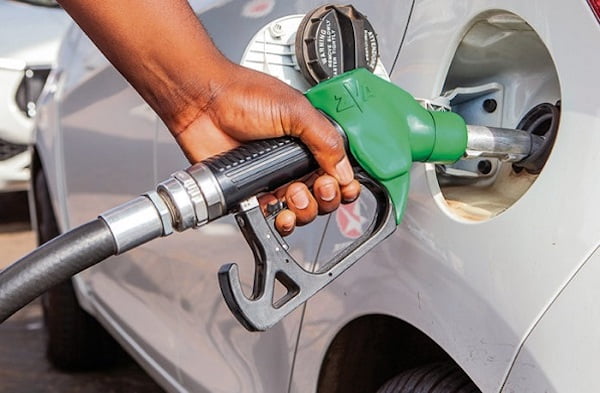Fuel prices in Ghana have experienced a significant increase, with both petrol and diesel now being sold at GH₵ 12.45 per litre
This surge in fuel costs has created concerns among consumers and businesses alike. The rise in prices has been attributed to several factors impacting the global oil market, such as increasing crude oil prices and fluctuating exchange rates.
The sudden hike in fuel prices has sparked worries among Ghanaian citizens who heavily rely on petrol and diesel for their daily transportation needs. This development is expected to have a notable impact on transportation costs, which may ultimately affect the prices of goods and services across various sectors of the economy.
Some Causes of the Fuel Prices Increase In Ghana
The surge in crude oil prices on the international market is a key driver behind the recent fuel price increase in Ghana, whereas some OMCs blame foreign exchange woes for the increases despite the Ghanaian Cedi gaining some stability over the first quarter. Global factors, including geopolitical tensions, supply disruptions, and increased demand, have led to a steady rise in crude oil prices, consequently affecting the cost of imported fuel in Ghana.
Another contributing factor to the escalating fuel prices is the volatility of exchange rates. Fluctuations in the value of the Ghanaian cedi against major foreign currencies, particularly the US dollar, can significantly impact the cost of imported fuel. The depreciation of the local currency against the US dollar has played a role in the current fuel price hike, as fuel imports are often priced in dollars.
Ghanaians are now facing the challenge of adjusting to the increased fuel prices, as it directly impacts their daily lives and expenditure. Transportation costs are expected to rise, affecting both individuals and businesses that heavily rely on petrol and diesel for their operations. Additionally, the general cost of living may be affected, as higher fuel prices can potentially lead to increased prices of goods and services.
Ghanaians are bracing themselves for the impact of these increased fuel prices, as they are likely to have significant implications on transportation costs and the overall cost of living.


